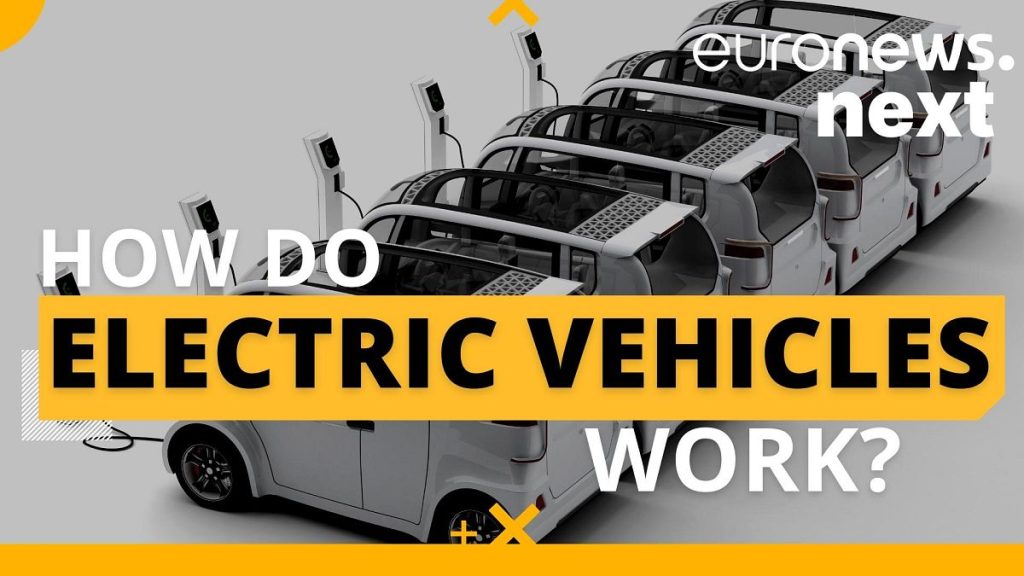Electric vehicles (EVs) have garnered significant attention in recent years, particularly due to the efforts of high-profile figures such as Elon Musk, whose company Tesla has rekindled interest in the electric car market. In 2023, EV sales in Europe surged to an unprecedented 3.2 million units—an increase of 20 percent over the previous year, demonstrating a growing inclination toward greener transportation. But what exactly sets electric vehicles apart from traditional vehicles? Understanding the fundamental mechanics of EVs reveals the differences that contribute to their rising popularity and environmental considerations.
At the heart of the differences between electric vehicles and conventional fossil fuel-powered cars lies their respective engines and energy sources. Traditional cars rely on internal combustion engines (ICE), which burn a mixture of fuel and air to create explosions that power the vehicle. In contrast, EVs utilize electric motors that operate through the principles of electromagnetism. This shift to electric motors not only simplifies the technology but also leads to fewer moving parts, potentially reducing maintenance costs and the likelihood of mechanical failure. Another critical component of EVs is their battery, primarily based on lithium-ion technology. These batteries act as the power source for electric motors, allowing the vehicle to operate efficiently and effectively.
In addition to the electric motor and battery, inverter systems play a vital role in the functionality of electric vehicles. While batteries deliver direct current (DC) electricity, electric motors require alternating current (AC) to function. The inverter converts the DC from the battery into the AC needed for the motor, ensuring a smooth power delivery and optimal performance. This integrated technology makes EVs distinct, but the hope of revolutionizing transportation comes with its own set of challenges.
While the ecological advantages of EVs are often highlighted, they do come with some trade-offs. Generally, electric cars are perceived as greener alternatives because they produce no exhaust emissions; they contribute to cleaner air. The simplicity of electric motors and fewer components translate to less maintenance and lower operational costs in the long run. Nevertheless, the initial cost of purchasing an electric vehicle is typically higher than that of traditional fossil fuel cars, which can deter some consumers. Furthermore, the availability of charging infrastructure remains a pressing concern, particularly for those who lack access to home charging stations. Despite a growing network of public charging points, reaching one can be cumbersome, especially in rural areas.
Moreover, the environmental impact of EVs extends beyond just their operation. Although electric vehicles do not produce tailpipe emissions, the batteries that power them are created from minerals that require extensive mining. This extraction process can result in significant ecological damage and raises questions about the sustainability of battery production. Thus, even as the quest for greener transportation progresses, it remains crucial to address the entire lifecycle of EVs, including their production and disposal.
Despite these challenges, electric vehicles are widely regarded as a pivotal step toward reducing vehicular emissions and minimizing dependence on fossil fuels. As battery technology advances and manufacturers explore alternative energy sources and recycling methods, the potential of EVs continues to expand. Although they may not be a perfect solution, electric vehicles represent a significant stride toward a more sustainable automotive future, highlighting the ongoing evolution in transport technology. As society increasingly embraces electric mobility, continual adaptation and improvements will be essential in making EVs an integral part of a cleaner and more sustainable transportation ecosystem.














